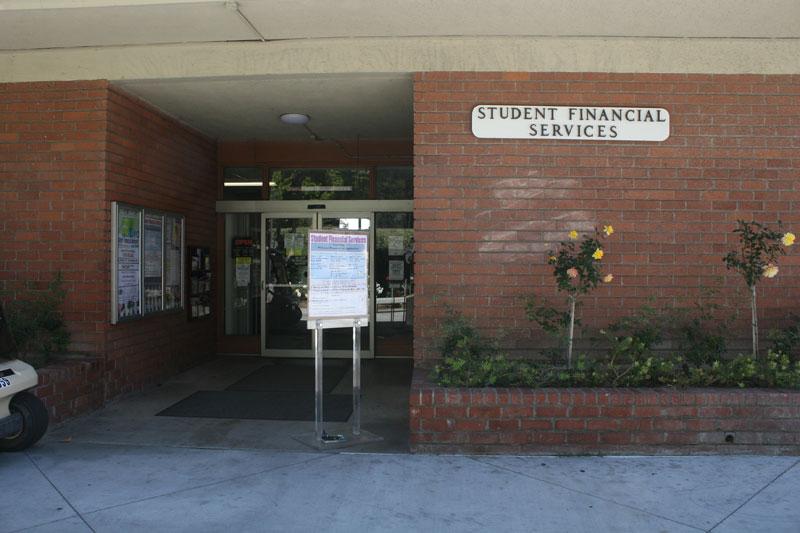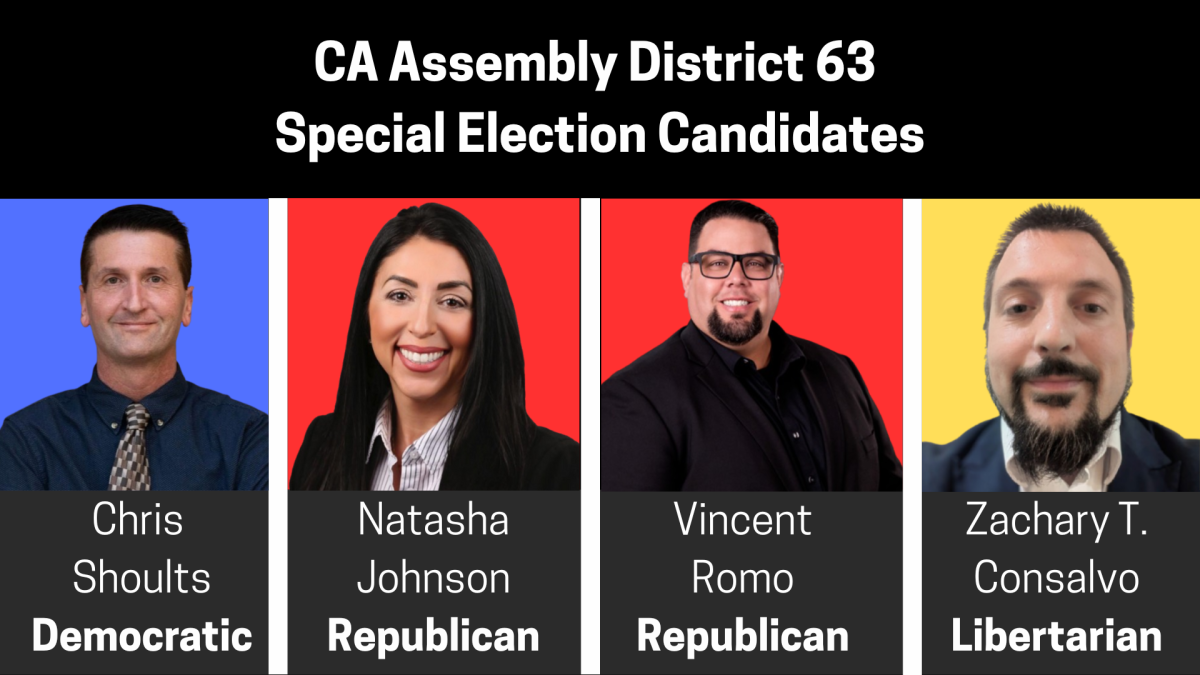By Takahiro Kurosaki / Staff Writer, Dean Mayorga / Staff Writer

Student loans get facelift (Shamier Ford / Staff Photographer)
By Takahiro Kurosaki / Staff Writer, Dean Mayorga / Staff Writer
The federal reform of the national college student loan system, which was part of health care legislation passed by Congress on March 25 has gradually become a matter of concern among Riverside City College students.
Supporters see the bill as sweeping overhaul and welcomed it because of the change in the way to administer student loans.
Under the current student loan system, the applicants choose from either the government or private lenders to receive the loan for their college education.
However, the new law would allow the government to be the only lender by forcing private lenders out of the student loan business.
By doing this the bill would also eliminate fees private lenders get for acting as middlemen in the current administrative student loan system.
Consequently, the government would be able to save and use an estimated $61 billion over the next decade to cover the expected budget shortfall and stabilize the Pell Grant program, which offers financial aid for low-income students.
About $36 billion of the savings would be used to increase the grants from the program. The maximum grant amount would be increased from $5,550 this year to $5,975 by 2017.
Even before the time Democrats first chanted “Yes, we can” on the House floor, debate has been brewing on whether or not the government should intervene in such matters.
“Government should let organizations do what they’re supposed to do,” student John Delgado said. “They’re involved in too many things. They’re taking things from us.”
Student Adrianna Davidek received about $5,000 from a Pell grant last year.
“I don’t think it would be executed as the government says it will be,” she said.
Davidek also added that she thinks private institutions would do a better job in determining the eligibility of students.
Others felt that the bill was a positive thing, especially for the current situation of the country.
“It’s good that government takes control,” student Bijan Sasaninia said. “They say it’s socialized but schools and the mail services are run by the government.”
“I’m glad. A lot of private banks were already pulling out of the loan market,” student James Lacson said. “So if the government didn’t take over it wouldn’t have had a chance.”
The situation Lacson points out, about the dissolving relationship between banks and the loan market, reflects the potential danger the market would’ve faced without the bill.
Before the overhaul, many universities were already considering going to the government directly rather than using private institutions. RCC gradually began its transition towards direct loans when the legislation was introduced.
Pell grants were expected to drop to approximately $2,150 had the bill not been passed.
To student Wade Thompson it is a matter of looking at both the pros and cons.
“Government can’t be involved in everything, but anything that helps the school I’m all for it,” Thompson said. “I mean, 22,000 teachers got a pink slip two weeks ago.”
Thompson also went on to point out the potential loss in jobs as a result of the bill.
“You have to weigh out what happens when jobs are taken out of there,” he said.
Another result of the bill is that 30 of California’s 110 community colleges will be able to apply for minority grants.
It is still unknown whether or not RCC is eligible.
“It’s not a negative bill for students,” said Assistant Director of Student Financial Services Elizabeth Hilton, “The big thing is making sure the funding is available.”






